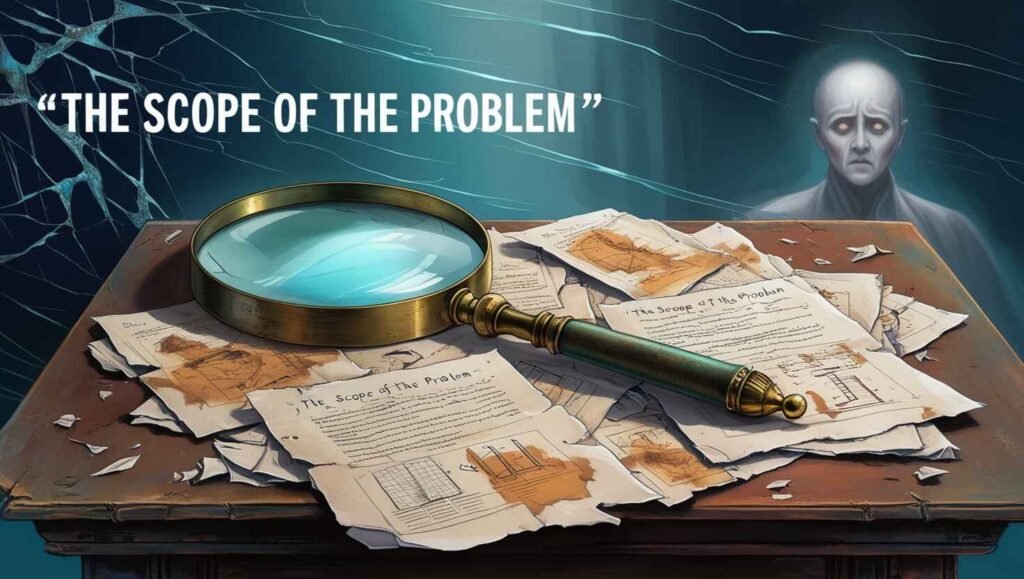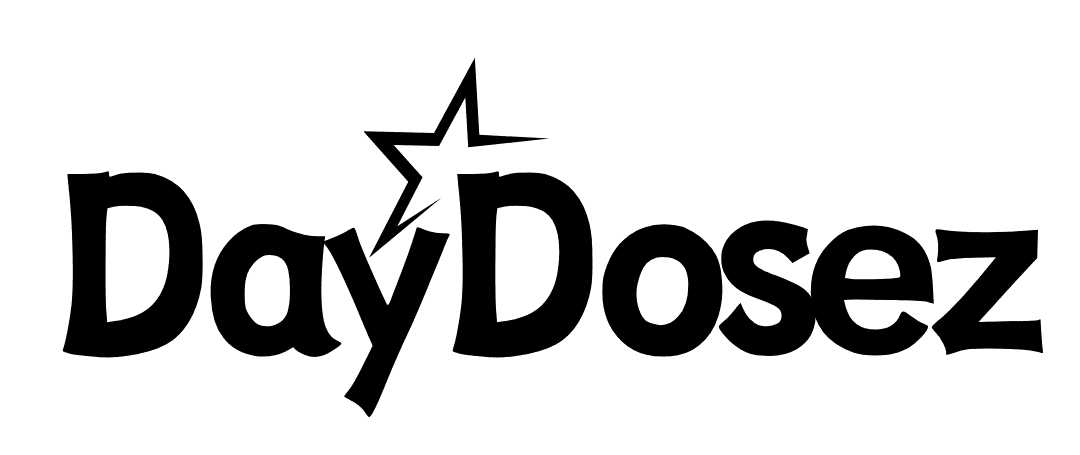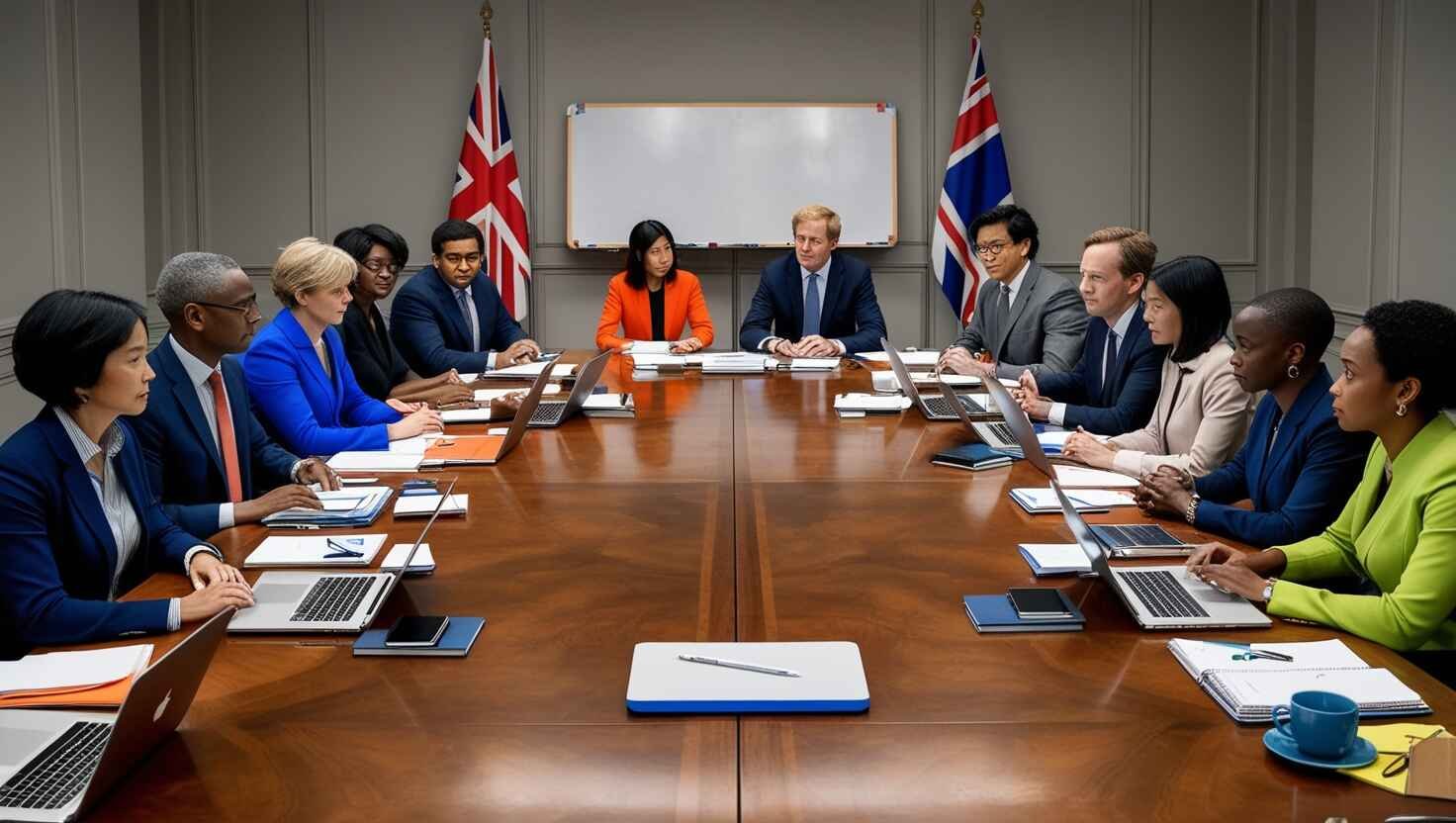Hello people!What wonder can the UK-US working group do to enhance children’s safety online?
As the world becomes more interconnected, the Internet has emerged as one of the potent tools or a threat measure, in general, and to the youths and children in particular. With the advancement in digital technology, new dangers related to the use of facilities on the Internet arise. It has become even more apparent that there is a need for a reliable cooperative approach from the international community to protect children.
This decision is due to increasing concerns for children and adolescents’ vulnerability to online abuses, radicalization, exposure to violent content, bullying, and other negative implications inherent in unrestricted access to computers and the Internet. At a time when kids’ activities are going more digital, this transatlantic project attempts to meet what juveniles may consider an essential need – a safe digital experience.
Let’s dive in!
The Scope of the Problem

Despite all its revolutionary offerings, the Internet has brought difficult challenges, especially when protecting children. Currently, most young people go online through their devices, including smartphones, tablets, laptops, and computers. In 2021, Ofcom, the UK communications regulator, stated that over 99% of 5-16-year-olds use the Internet in some form, with one-third of the time spent on social media and game or video content sites. Such tendencies have been registered in the United States too.
This kind of openness has risks and threats – very different from the dangers of traditional face-to-face interaction and communication. For example, children can stumble on adult content, be lured by strangers with bad intentions, or even be bullied online.
However, the most topical issue regarding freedom of information is protection from negative, violent, or indecent content, including sexually explicit material. New research showed that with an easy approach, children are able to view adult content via social networks such as Instagram, TikTok, and YouTube. Still, these platforms are usually unable to regulate, for example, the simplest number of new publications per second, often posted by younger people.
Another severe problem is the increasing role of the Internet in child sexual abuse, including the net scraping and traffic of children. Newly, the Internet Watch Foundation (IWF) claimed that between the years 2019 to 2020, the reports regarding child sex abuse online material have been hiked to 77%. In light of the above analysis, such effects of the pandemic as an unprecedented increase in time spent in front of screens and children’s online activity have only amplified these risks.
Why a UK-US Working Group?
The decision to launch the work of the UK-US working group on children’s cybersecurity is a response to the two states’ common interests and their positions as key players in the digital landscape. The United States has most of the largest social media and technology companies, while the United Kingdom has been at the forefront of enacting strict regulations to curb online safety.
To some extent, for several years, both countries have been acting unilaterally in enacting and implementing individual measures to improve the protection of children from sexual abuse on the internet. This was demonstrated by the UK government’s proposal in its 2019 “Online Harms White Paper” to start regulating the accountability of such internet intermediaries. This has since turned into the UK’s Online Safety Bill, intended to establish new legal obligations on internet companies to safeguard their users, especially the young, from harm.
The US has been incorporating measures like the Children’s Online Privacy Protection Act (COPPA) and the relatively new EARN IT Act to protect endangered privacy and prevent exploitation. However, most people think these undertakings, though commendable, need to be more adequate in addressing the issue. Technology organizations, in particular, have been accused of not doing enough to fight child abuse and exploitation online despite the law on this matter.
We need to state the objectives of the UK-US Working Group as follows
The joint working group focuses on what governments and technology companies should do to protect children in cyberspaces. This initiative will focus on several key areas:
Combatting Online Exploitation and Abuse
Another motivation for the creation of the WG is the latter’s necessity caused by the constantly increasing rate of children’s abuse via the internet. These are enhancing procedures for identifying and banning CSAM and other related material and offline identity verification, which is the use of online services in grooming and trafficking children. The British and American police will collaborate with technology firms to build more effective tools and procedures for reducing these threats.
Improving Content Moderation
Content moderation has become a huge problem, as primary technology companies must meet their users’ requirements for daily uploads. The working party is to find new approaches and solutions in content selection, particularly in protecting children from viewing undesirable content. This may include improving AI and ML technologies to detect and remove unwanted content.
Strengthening Privacy Protections
Privacy issues are the other issues regarding children. Since many internet-related sites collect data from users, it is important that children’s data is protected effectively and that all firms stick to strict privacy standards. This specific working group will investigate future procedures for improving existing laws like the Children’s Online Privacy Protection Act and better clear-sky disclosures from IT companies using children’s data.
Addressing Cyberbullying and Harassment
The problem of cyberbullying has shown that it negatively affects children and that much has to be done to stop harassment on the internet. The working group will work with the help of technology companies to produce better tools for detecting and preventing bullying on social media. This may also refer to preventive programs and educational crusades directed towards kids and parents to ensure they use the internet appropriately and give the young generation tips on avoiding cyberbullying.
Promoting Digital Literacy and Parental Controls
Promoting digital literacy, which will enable children and parents to address the issues of the new digitalized world effectively, is a priority of the working group. Such measures involve educating school children on digital media usage through sponsored digital literacy programs and ensuring parents have the best tools for parental control. The group will try to create new family material that parents can use to make the right decisions with their kids on the use of their PCs and also endow them with the right materials to use in controlling their kid’s use of the PCs.
Enforcing Platform Accountability
The working group’s important responsibility will be to ensure that digital technology companies ensure the safety of their products. This could include research on how to make firms legally compulsory for child protection, as proposed in the UK’s safety online bill. The UK and US will jointly urge tech companies to take more action to protect children from harm on the internet.
Challenges Ahead

The UK and US setting up the working group is positive, but the group has its difficulties. One of the main challenges is that the Internet is a global environment. These platforms involve operations across borders; hence, it is restrictive to impose measures that are restricted to a specific nation. The nature of this transatlantic initiative may need to be broadened in the future by also including other global regions and their nations in devising measures for the safety of social network users.
The fourth one is that the basic concept of online security clashes with the concept of free speech. Both cultures enjoy a rather liberal approach to free speech, and anything involving further moderation and censorship will be met with a great deal of pushback. The working group will face the challenge of balancing the factors of vulnerable children most exposed to dangers and the possibilities of freedom of speech on the Internet.
Another area for improvement is the technical one associated with the moderation of tremendous amounts of content. As a solution, AI and machine learning can provide a solution to the problem. Still, these solutions are imperfect and, in extreme situations, can lead to over-moderation and under-moderation, meaning that potentially helpful and harmless content is moderated. At the same time, potentially abusive material is left in the open. The working group would require putting more focus on reinventing itself further, looking for new ways of moderating, such as community moderation or real-time human review, while at the same time finding ways to push technological companies to invest in the intense development of new moderation tools.
Finally, the matter of platform responsibility still raises an important question. Although governments can legislate rules and pass legislation on how social media should be run, companies hold much power over their operations. It will be quite interesting to watch how the working group strikes the right balance between making sure that companies can’t or won’t moderate content on their site and own their own while at the same time protecting user information and privacy and not attempting to go overboard in trying to do so.
Conclusion
In a development widely hailed as a major step towards enhancing children’s safety on the web, the United Kingdom and the United States authorities agreed to do more by increasing cooperation and launching the working group. Sadly, the dangers are real, and the internet continues to be a hub for criminals; however, by partnering with regulatory bodies, technology, and the shared goal of safeguarding young people, both the UK and the US remain on track to leading the devolution in combating these challenges.
It is recognized that there are still many obstacles, but this cooperative effort is a real positive sign. By working together, becoming innovative, and ensuring that the technology companies they are home to are taking the necessary steps to protect children, the UK and the US can come together to provide a safer world for them online. As this working group commences its significant task, it is expected that other countries will also take similar measures toward the formation of a large-scale coalition for safeguarding vulnerable population groups from the perils of cyberspace.
How will this initiative shape the future of online safety?
FAQs
1.Which problems will be solved by the working group?
The group will tackle a variety of issues, including:
- Social aggression and threats through cyberspace
- Breach of privacy and sharing of damaging or developmentally insecure content
- Online grooming and exploitation
- Privacy and Data protection of children
- The effect of mental health issues caused by social media usage
2.Which person will be in the working group?
The working group will include policymakers from the United Kingdom and the United States, child protection campaigners, police, and representatives of internet companies.
3.What type of timeframe is expected of the working group?
Certainly, the working group should report frequently, although it is still being determined how frequently adjustments will be implemented; this will depend on the intricacies of the challenges concerning which international cooperation between governments and companies is welcomed and the level of collaboration.
4.In what ways does this approach connect to current legislation on protection in cyberspace?
This initiative extends current online safety laws in the United Kingdom, such as the Online Safety Bill, and in the United States of America, such as the Children’s Online Privacy Protection Act (COPPA). Therefore, the group hopes to build on and supplement these frameworks.





